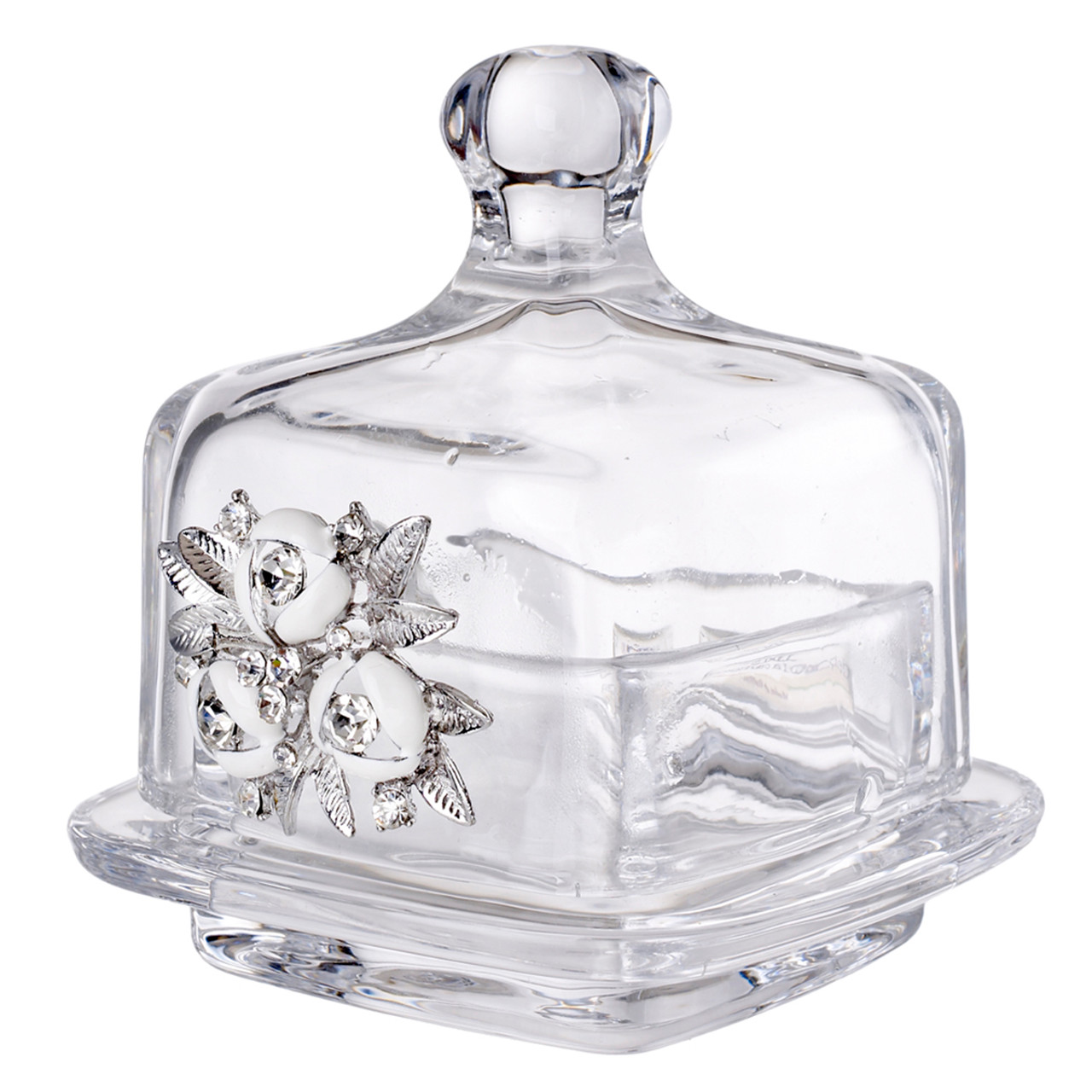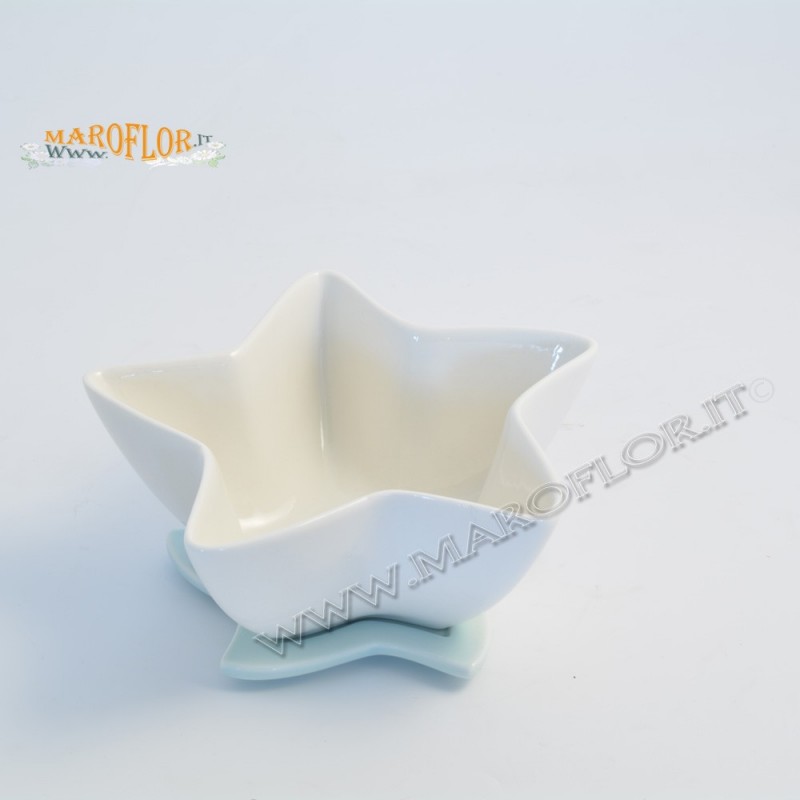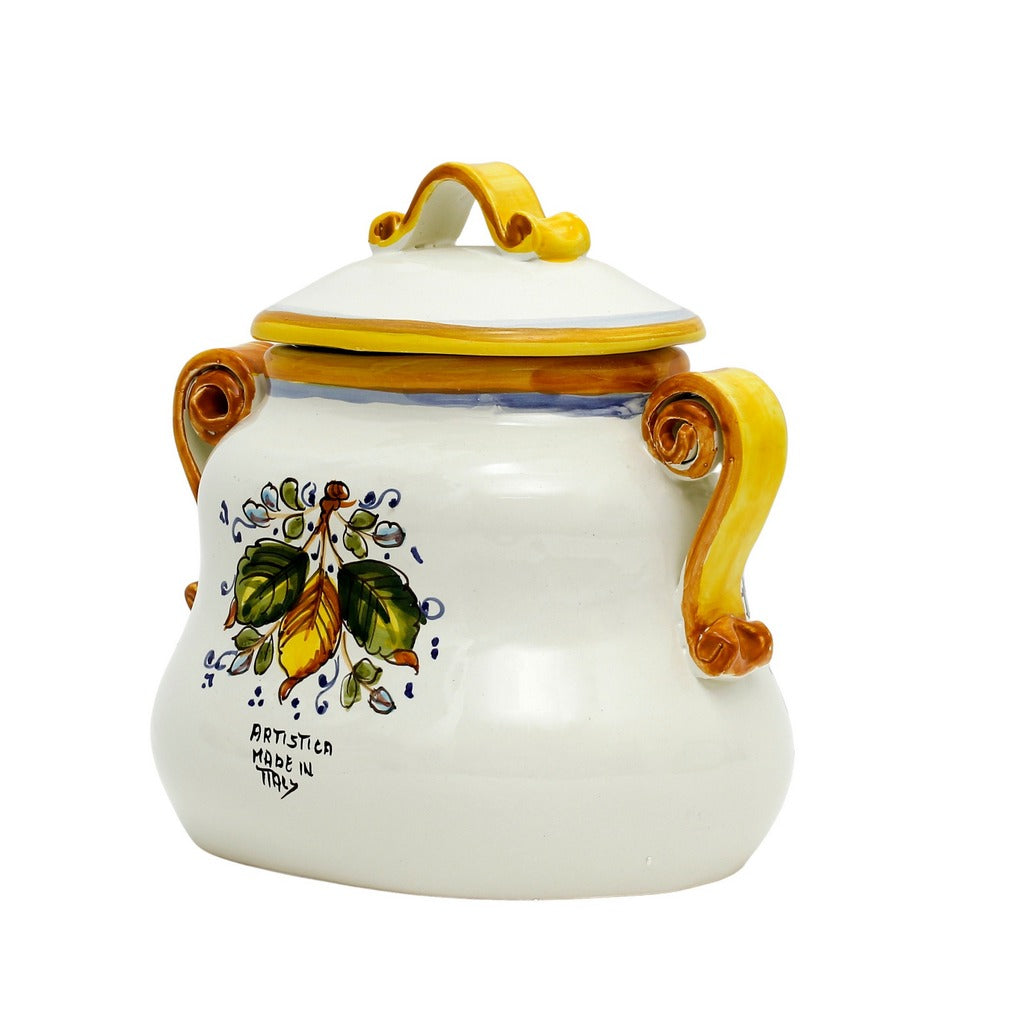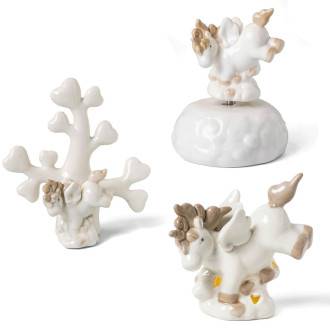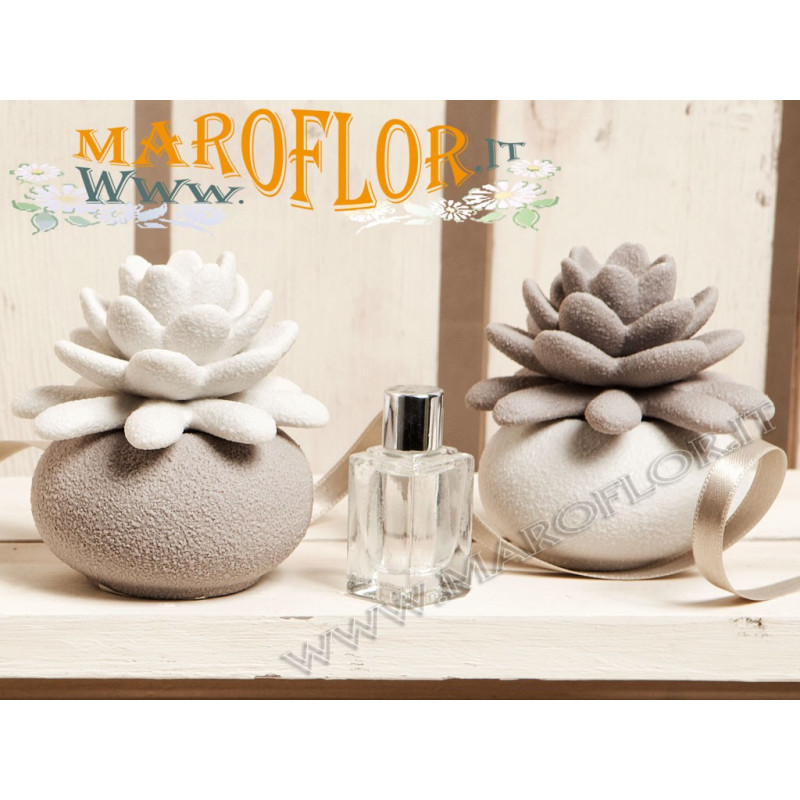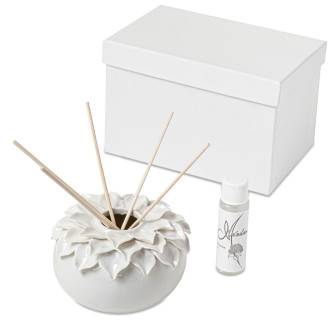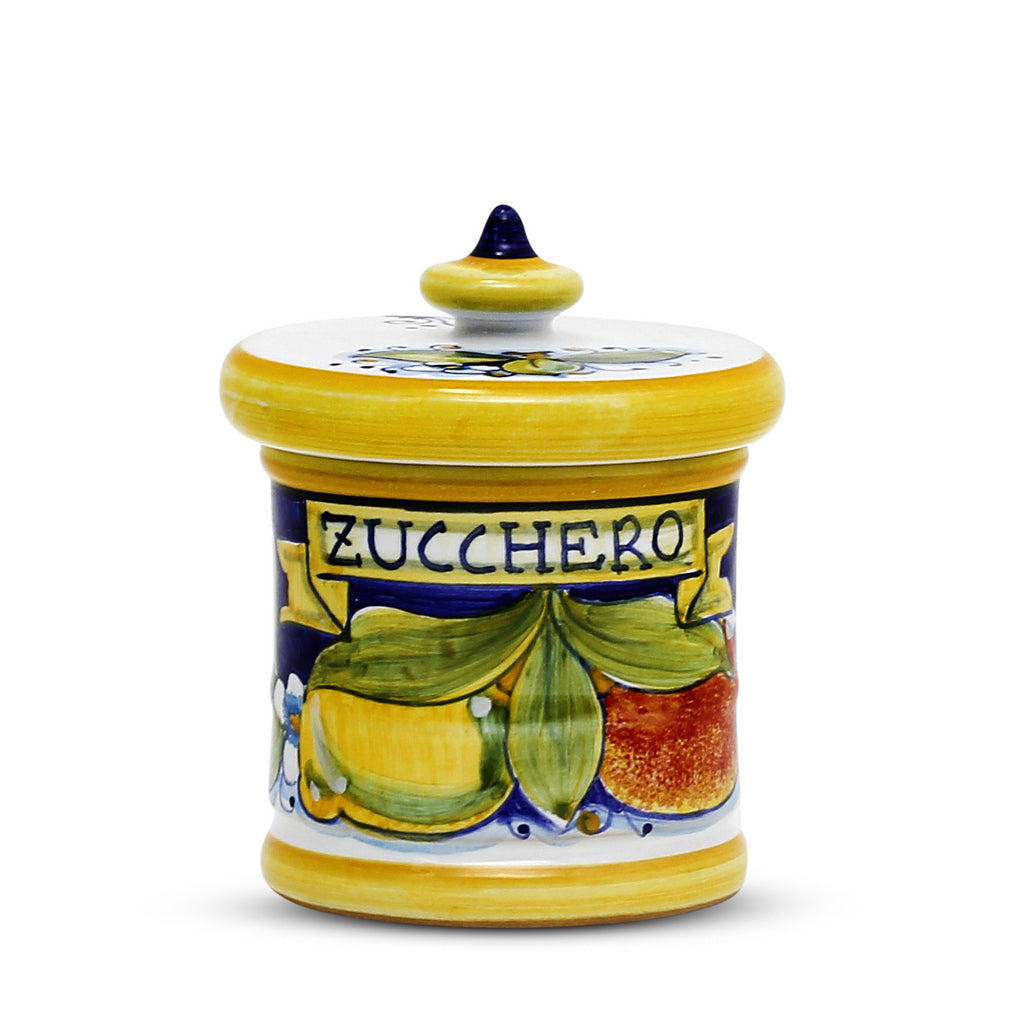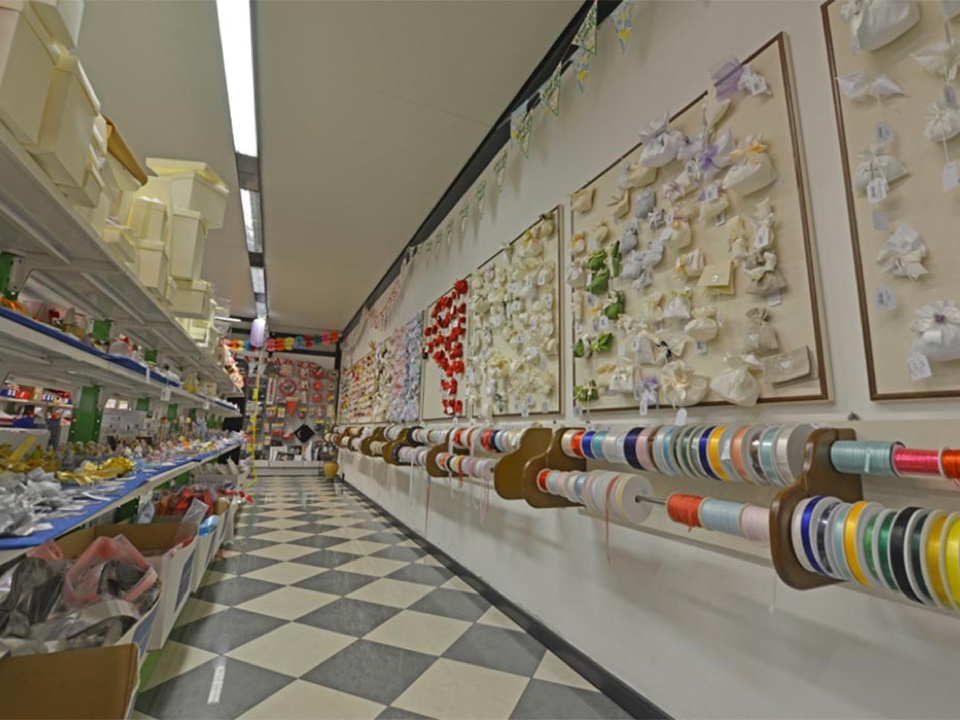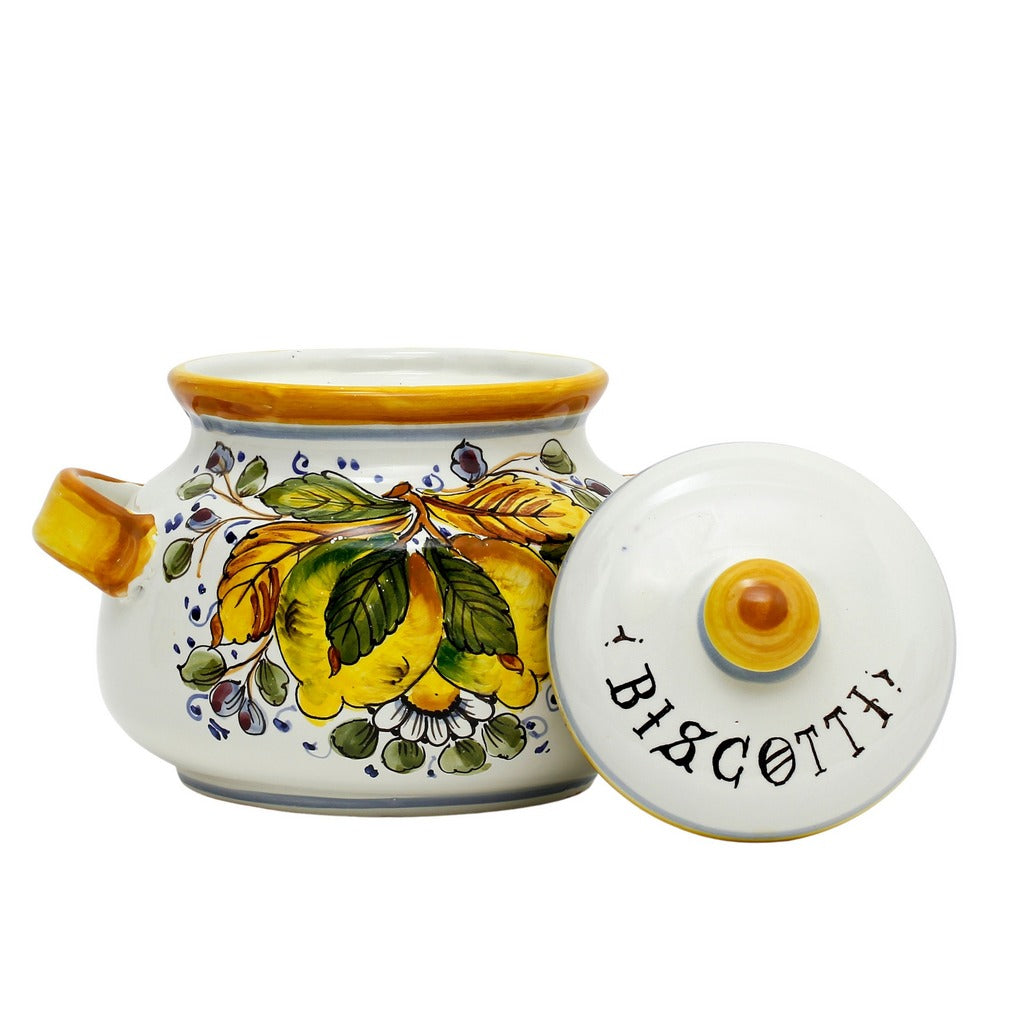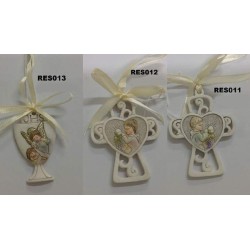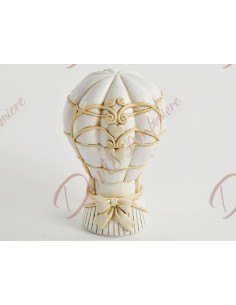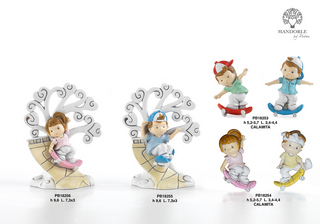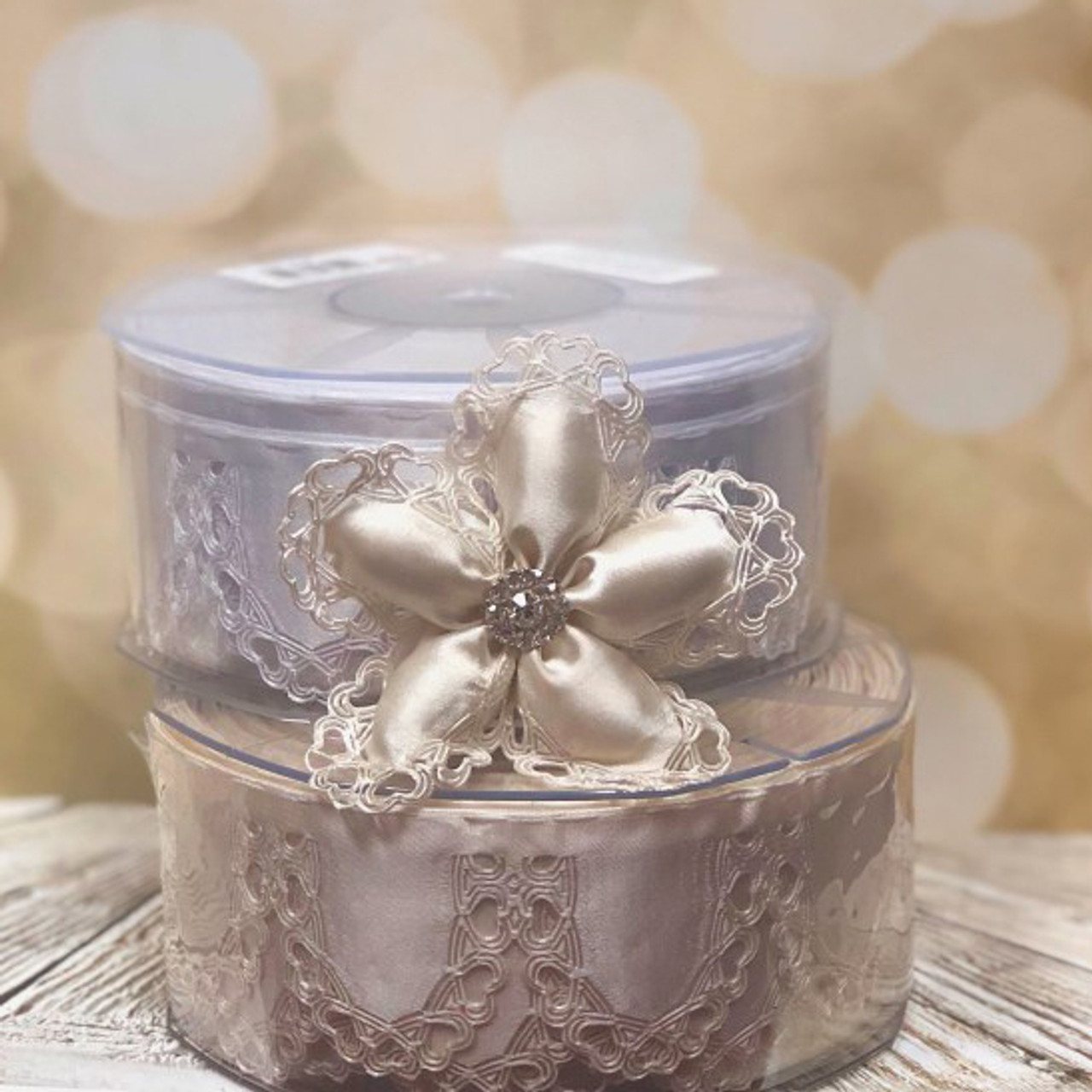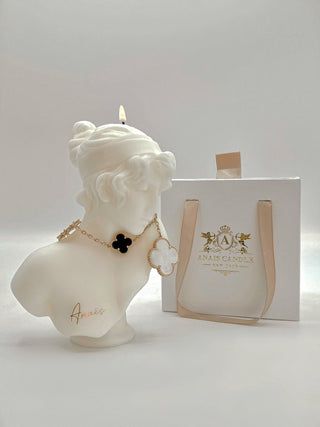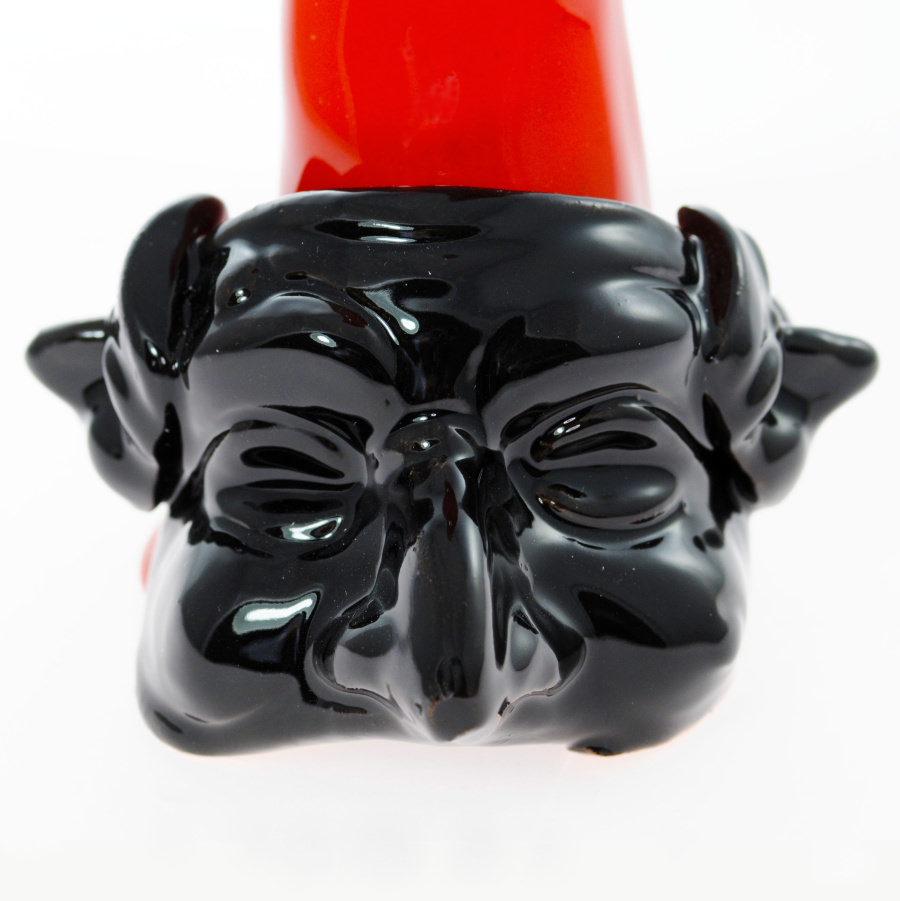
Corno Rosso brings good luck typical of Naples with Pulcinella masks - also nice as wedding favors - VIETRI CERAMICS - the excellence artisan pottery made in Italy

Bomboniera prima comunione outlet rb409/b sacra famiglia - Confetteria Bon Bon - Bomboniere e Partecipazioni

Confetti italiani per bomboniere e confettata confetteria fai da te – Tagged "outlet-bomboniere-stock-offerte" – hobbyshopbomboniere

Amazon.com: KPOSIYA 100 Pack Love Heart Laser Cut Wedding Party Favor Box Candy Bag Chocolate Gift Boxes Bridal Birthday Shower Bomboniere with Ribbons : Health & Household
Famous Footwear Outlet / +1 812-703-7031 | 11622 NE Executive Dr, Edinburgh, IN 46124, United States

Bomboniera matrimonio outlet ML725 candeliere in vetro - Confetteria Bon Bon - Bomboniere e Partecipazioni
Sacchetto matrimonio fagotto avorio con base tonda e fiore - Confetteria Bon Bon - Bomboniere e Partecipazioni


